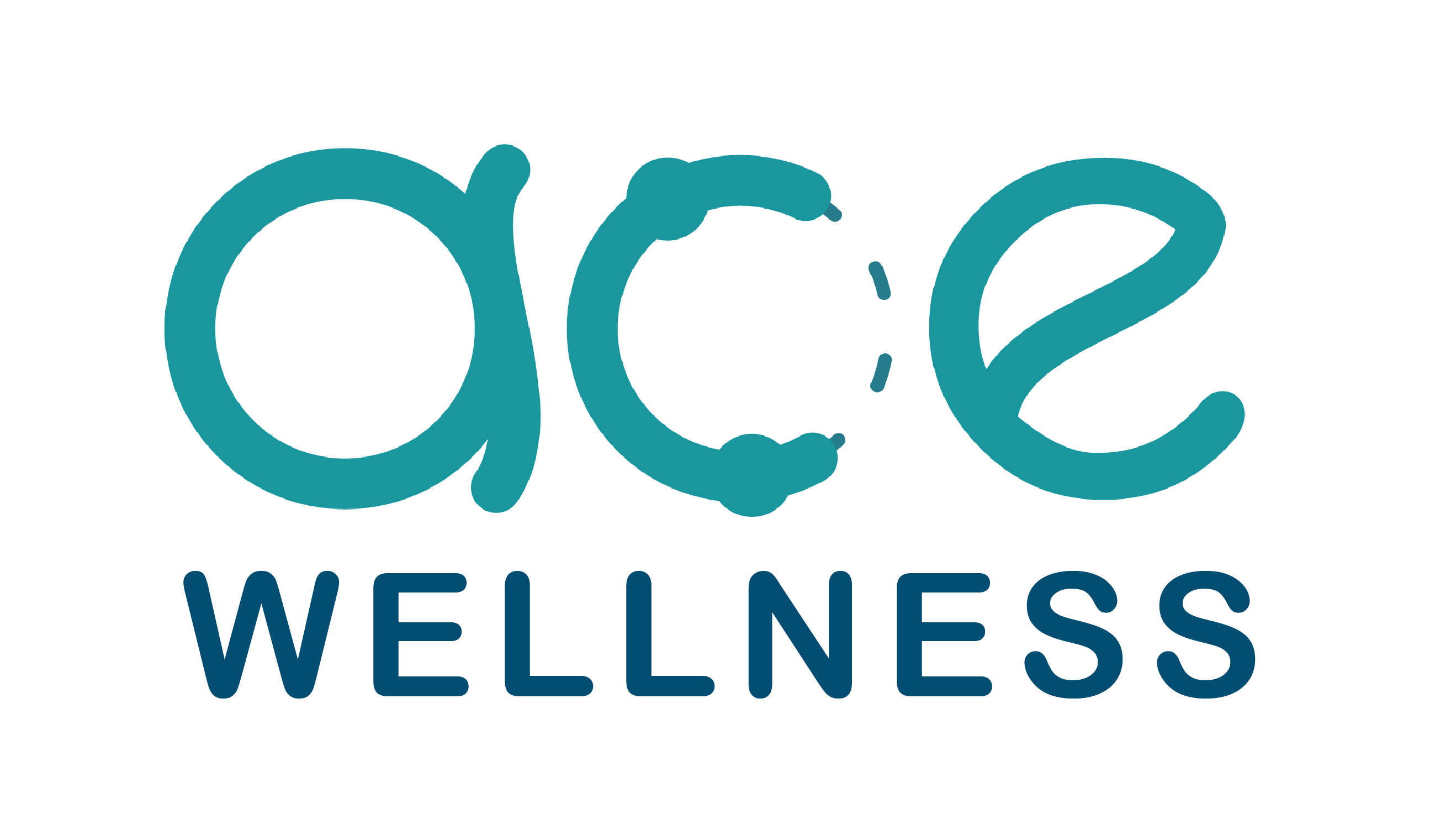Are you tired of feeling tired all the time?
Are you struggling with sleep deprivation?
The solution to your sleep woes might just lie in your gut. That’s right – a healthy gut can play a significant role in combating sleep deprivation and improving your overall sleep quality. In this blog post, we’ll explore the fascinating connection between your gut health and sleep, and how you can optimize your gut to get the restful sleep you deserve. So, let’s begin by exploring their connection…
The Gut-Sleep Connection:
You may wonder, what does the gut have to do with sleep?
Well, it turns out that the gut and sleep are intricately linked through a complex network of communication pathways. Your gut houses trillions of microorganisms collectively known as the gut microbiota. These tiny organisms play a crucial role in digestion, and nutrient absorption, and even impact your immune system and brain function.
Emerging research suggests that the composition and diversity of your gut microbiota can influence your sleep patterns. Disruptions in the gut microbiota, such as an imbalance in beneficial and harmful bacteria, have been associated with sleep disorders, insomnia, and even conditions like sleep apnea. Additionally, the gut microbiota produces various molecules and compounds that can directly affect your sleep-wake cycle, including neurotransmitters and hormones.
Tips to Boost Gut Health for Better Sleep:
Now that you understand the importance of a healthy gut for promoting restful sleep let’s explore some practical tips to optimize your gut health:
1. Eat a Balanced Diet:
Focus on incorporating fiber-rich fruits, vegetables, whole grains, and legumes into your meals. These provide nourishment for the beneficial bacteria in your gut.
2. Probiotics and Fermented Foods:
Consider adding probiotic-rich foods like yogurt, kefir, sauerkraut, and kimchi to your diet. These contain live beneficial bacteria that can support a healthy gut microbiota.
3. Limit Processed Foods and Sugar:
High intake of processed foods and added sugars can disrupt the balance of gut bacteria. Opt for whole, unprocessed foods whenever possible.
4. Stay Hydrated:
Drinking enough water helps maintain optimal digestive function and promotes a healthy gut.
5. Manage Stress:
Chronic stress can negatively impact your gut health. Engage in stress-reducing activities like meditation, yoga, or regular exercise to support a healthy gut-sleep axis.
6. Prioritize Sleep Hygiene:
Establish a consistent sleep routine, create a sleep-friendly environment, and limit exposure to electronic devices before bedtime.
7. Consult for Colon Cleansing:
Colon cleansing is a natural process of cleansing your gut and making it healthy with appropriate diet and exercise. It’s performed on you by experts.
8. Panchakarma:
Panchakarma is a life-changing approach. It cleanses your mind, body, and soul, with meditation, massages, Basti, and healthy nutrition. It also includes meditation and yoga consultation. It helps in the alignment of mind, body, and soul thus keeping you healthy and fit for a good night’s sleep!
9. Consult a Healthcare Professional:
If you have persistent sleep issues or suspect gut-related disturbances, it’s essential to seek guidance from a healthcare professional who can provide personalized advice and recommendations.
Remember, improving gut health and sleep is a gradual process. It requires consistency and patience. By prioritizing your gut health and incorporating these tips into your lifestyle, you can take a significant step towards fighting sleep deprivation and enjoying a rejuvenating sleep experience.
Invest in your gut health today, and let the benefits ripple into a well-rested tomorrow!
